Top Meaningful Brands gain a 46% higher Share of Wallet
Meaningful Brands – Havas’ metric of brand strength - is the first global study (in its sixth year globally and third in India), to show how our quality of life and wellbeing connects with brands at both a human and business level. It is unique in both scale – 1,000 brands, 300,000 people, 34 countries - and scope (12 industries). The research covers all aspects of people’s lives, including the impact on our collective wellbeing (the role brands play in our communities and the communities we care about), in our personal wellbeing (self-esteem, healthy lifestyles, connectivity with friends and family, making our lives easier, fitness and happiness) and marketplace factors, which relate to product performance such as quality and price.
Havas’ Meaningful Brands 2015 study reveals that, globally:
1. Meaningful Brands can increase their Share of Wallet by 7 times and on average gain 46% more Share of Wallet than less Meaningful Brands
2. Meaningful Brands outperform the stock market by 133% (up from 120% in 2013), with the top 25
scorers delivering an annual return of nearly 12% - 6.7 timesof the STOXX 1800 stock index
3. Top Meaningful Brands deliver marketing KPI outcomes that are 2 times those of lower scoring brands
The study found that for every 10% increase in meaningfulness, a brand can increase its purchase intent by 6.6%, repurchase by 3.2% and price premiums by 10.4%, statistically demonstrating that a brand's meaningfulness is a key driver of KPIs success.
Meaningful Brands 2015 uniquely provides the first unified tracking tool for both CEOs and Marketing Directors. It translates ‘meaningfulness’ into one measurable language that CEOs can buy into and marketers can evaluate: by decoding data - across Stock Market, Share of Wallet and Marketing KPIs.
Asia Pacific and India
Closer home in Asia Pacific the study covered 305 brands, 60130 people across 7 markets. The India leg, its most extensive yet, covered 100 brands, 13000 people, 11 sectors, across the country.
The study showed that in Asia Pacific people’s connection with brands remains stronger than in other Western regions and emerging economies with10 times higher attachment. People here trust 83% of brands compared to just 50% globally and they would care about the disappearance of 60% of brands, trailing to just 26% globally.
Speaking about the study, Anita Nayyar, CEO, Havas Media India & South Asia, explained:
“This is our largest India study to date in size and scope. Marketers will be encouraged to know that India once again stands out as the No.1 country, globally, where consumers have the closest relationship with brands. India is also the most ‘grateful’ country, rewarding meaningful brands, in business terms. We are seeing that in a developing economy like India, unlike the West and more developed economies, people are more trusting of brands. People here believe brands can play a meaningful role in their lives and that brands are working hard towards improving our quality of life and wellbeing. This creates tremendous opportunities for brands in India to communicate and connect with their customers, in our organic world - which is at the core of the Meaningful Brands Project.”
INDIA Study Findings
Asia Pacific stands out as one of the best relationships between consumers and brands from across the globe. In India, brandshave a high level of meaningfulness and are seen as providers of Personal and Collective wellbeing; they are viewed as much more than functional products. Brands here are also seen to be meeting consumers’ expectations more than in any other region. 75% of Indian’s believe brands should play a role in improving our quality of life and wellbeing; the Asia Pacific the average being 69% and the globally average 67%. More than half i.e. 67% of Indian’s feel that brands are working hard at improving our quality of life and wellbeing, very impressive, compared to an Asia Pacific average of 55% and Global average of 38%.
Top 10, Meaningful Brands 2015
India:
Amul, Cadbury, Google, Britannia, Life Insurance Corporation (LIC), Microsoft, Intel, HP, Parle, Samsung
Global:
Samsung, Google, Nestlé, Bimbo, Sony, Microsoft, Nivea, Visa, IKEA, Intel.
Amul has emerged as India’s Most Meaningful Brand. In India, ‘Food’ is one of the most meaningful sectors, attaining strong Attachment and Trust. Food brands are especially meaningful for making our daily lives better with their rational benefits of savings, convenience, health and better nutritional habits. Local brands like Amul take the lead with multinational corporations like Cadbury who introduce local brands to resonate with consumer context and tastes, locally.
Indian’s have the highest attachment towards Life Insurance Corporation of India (LIC), the iconic state-owned insurance group: 86% of people would care if LIC disappeared tomorrow (globally most people do not care if 74% of brands disappeared the next day).
Mohit Joshi, Managing Director, Havas Media Group India,summarised:
“People in India are happy to have brands as partners and as enablers to help them improve their quality of life and wellbeing. While in the West there is a high commoditisation of brands, people in India,have ‘high expectations’ and ‘reward’ those brands that contribute to their wellbeing - this is the second time in a row that LIC has scored as the brand with the highest attachment. The study throws open exciting possibilities for marketers and brands to interact with their customers.”



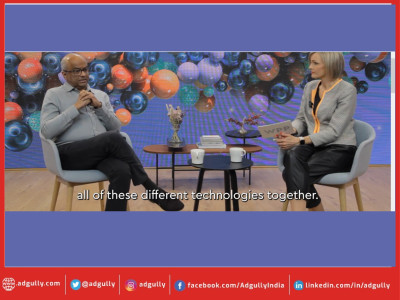
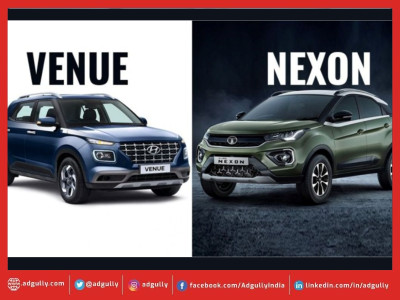
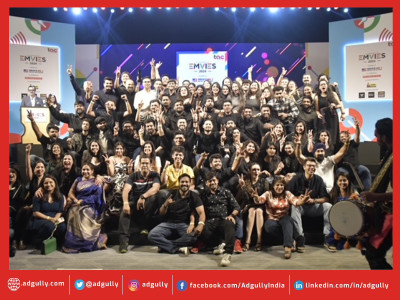

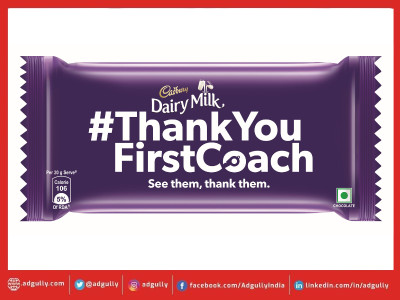
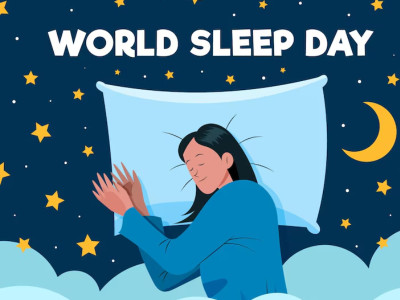


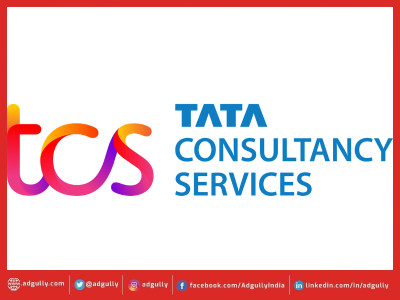




Share
Facebook
YouTube
Tweet
Twitter
LinkedIn